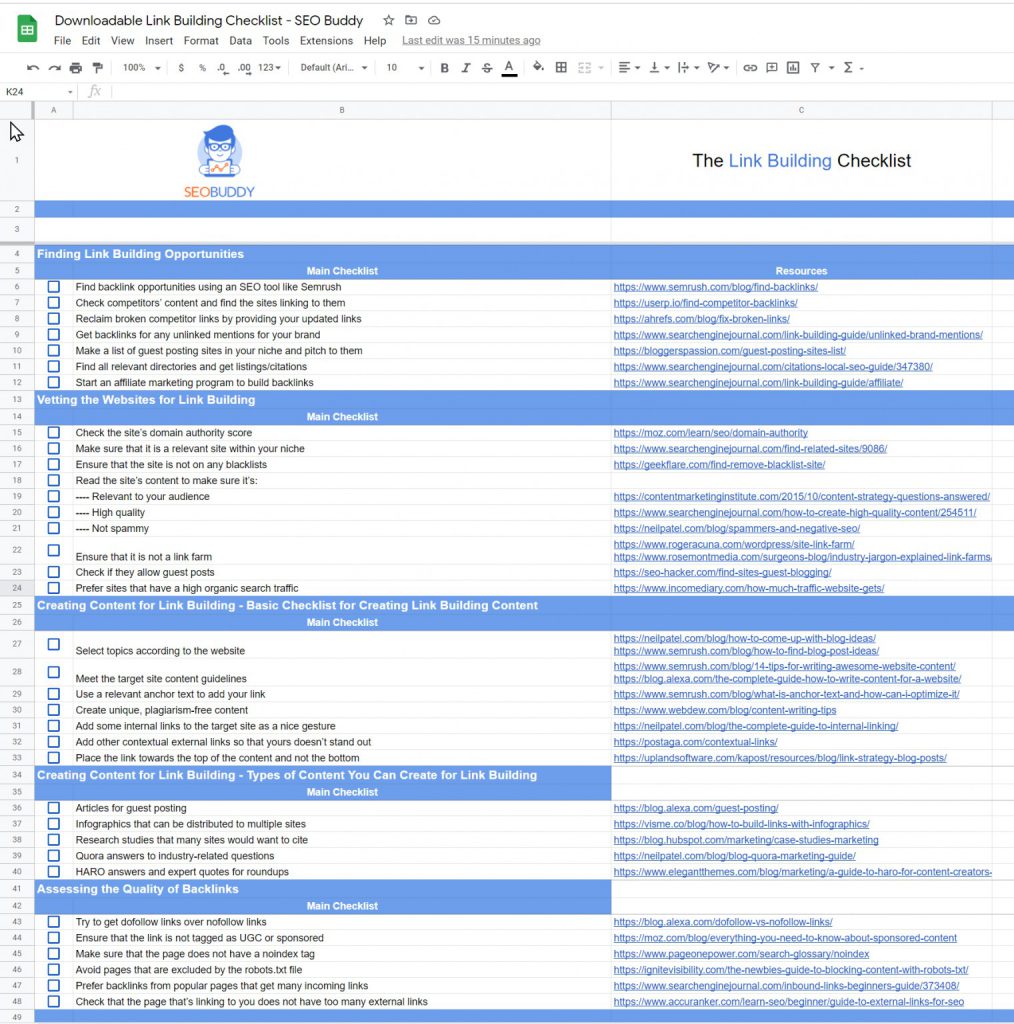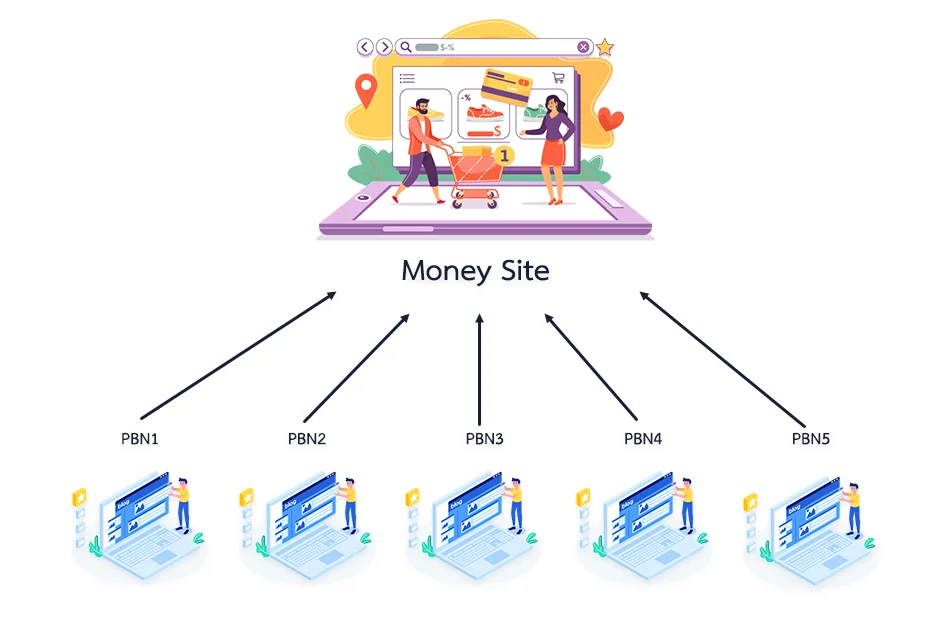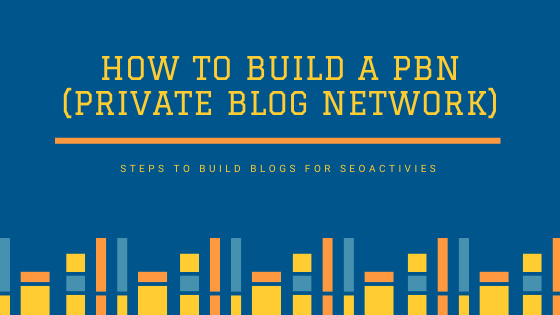All Categories
Featured
Table of Contents
- – A Top Semantic Search Ranking Improvements
- – Who Is The Most Reliable Semantic Seo For Begi...
- – Which Is The Most Popular Optimizing For Sema...
- – What Is The Most Preferred Semantic Seo Check...
- – Who Makes The Leading Structured Data For Se...
- – Which Is The Most Trusted Semantic Tagging F...
- – Top Semantic Search Optimization You Can Buy
The internet is altering, becoming increasingly more semantic. Search engine optimization is also altering and ending up being extra semantic. This is since search engines have actually developed and are moving a lot more and a lot more towards checking out material on the internet. Certainly, that has actually likewise changed the means we create web content, particularly if we want to place far better in the search engines.
, the pioneer of the Web, spoke of to represent the idea that all points in deep space are deeply interconnected. Intertwingularity is not generally acknowledged, individuals maintain claiming they can make points deeply ordered, categorizable and sequential when they can't. Everything is deeply intertwingled. Based upon the connections between search purposes, the internet search engine favors a material ready by determining the distance in between the vectors of meaning.
It permits you to see, beginning with a subject, all the entities that relate to that subject. By doing this you can plainly see which entities/concepts/ideas have actually currently been covered on your internet site, and you can uncover new chances by understanding what content you can add and just how to develop it.
A Top Semantic Search Ranking Improvements
It has the ability to make your web content understandable for online search engine on the one hand and for your target market on the other. Structuring your web content model highlights your material and its underlying relationships so that online search engine can recognize you among hundreds of pieces of info, making you more visible to customers who meet the search intent related to your service.
In semantic search engine optimization copywriting, an editor begins with a wider array of subjects and tailors the web content to consist of semantically pertinent terms and expressions that assist readers recognize a topic, comparable to reviewing web content in a wiki. From a content creating point of view, one useful way to do this is to create a vocabulary of terms and concerns surrounding your target subject.
Who Is The Most Reliable Semantic Seo For Beginners Service?
Discover more regarding by enjoying the by!.

Semantic search describes the process of just how search engines comprehend and match key words to a searcher's intent in organic search results. Before semantic search, internet search engine like Google ran like matchmakersaligning details words in your query with those precise words on websites. The outcomes were uncomplicated however often did not have deepness.
Which Is The Most Popular Optimizing For Semantic Search To Buy
It enables Google to use quick, precise solution to search inquiries concerning real-world topics. When you type an inquiry word right into Google, you're not just getting in a series of words. You use a complicated internet of definitions and connections. Google's Expertise Graph sees these words as entities with context and partnerships.
When you search for "Apple," Google doesn't just see a word that describes a fruit. It identifies Apple as a firm and can supply relevant information. It was Google's solution to the surge of voice searches, where questions came to be much more conversational and nuanced.
What Is The Most Preferred Semantic Seo Checklist Out Right Now
By incorporating NLP, Hummingbird enabled Google to relocate past simple keyword matching. It aided the online search engine comprehend search intent, enhancing the chances that results would properly match the reason behind a user's search. As the 3rd essential ranking element after web content and web links, RankBrain has boosted Google's semantic search capabilities to recognize the significance of search inquiries.
Making it extra reliable at handling never-before-seen search queries. RankBrain thinks about more than just key phrases when evaluating a search query.
So it fetches outcomes that match the search phrases and line up with the total intent of supplying pup training advice. And if the user often browses for dog-related content, Google may focus on more comprehensive training guidesrecognizing the user's continuous passion in the subject. Combining modern technologies like the Expertise Chart, Hummingbird, and RankBrain, semantic search helps the Google formula translate and connect data throughout a large web of information.
Who Makes The Leading Structured Data For Semantic Seo
The focus shifts from keyword selection to an alternative strategy including individual intent, topical significance, and total customer experience. Developing web content that addresses the searcher's needs with thorough info can enhance your SERP positions.
A wider strategy to material aligns much better with semantic search's change away from exact keyword phrase matching and towards individual intent. Content that covers search inquiries much more completely not only pleases users.
And five times greater than websites that take 10 seconds to load. While technological search engine optimization ensures ideal web site efficiency and availability, concentrating on individual experience (UX) takes it a step additionally. UX intends to create an aesthetically enticing, easy to use user interface with appealing, high quality content that encourages site visitors to stay. Semantic search modern technology enables internet search engine to go for outcomes that offer the very best feasible UX.
Which Is The Most Trusted Semantic Tagging For Seo Provider

All showcase Google's capacity to deal with a subject inquiry adequately. By recognizing the context and intent behind customer queries, online search engine can provide much more pertinent information and potentially enhance customer involvement. Personalization in search engine result makes for better UX.Based on your previous search background and preferences as a user, semantic search aids online search engine tailor the results to fit your one-of-a-kind demands and interests.
So it fetches results that match the key phrases and align with the total intent of offering puppy training suggestions. And if the user often looks for dog-related content, Google might focus on extra thorough training guidesrecognizing the individual's continuous rate of interest in the subject. Combining technologies like the Understanding Graph, Hummingbird, and RankBrain, semantic search assists the Google formula analyze and link data across a vast internet of details.
Top Semantic Search Optimization You Can Buy
The focus shifts from keyword option to a holistic strategy encompassing user intent, topical importance, and general user experience. Developing material that attends to the searcher's needs with extensive details can improve your SERP rankings. Listed below, we outline the patterns and practices that consolidate the need for semantically informed web content. Later, we provide actionable ideas to transform these insights into best techniques.

A more comprehensive approach to content aligns better with semantic search's change away from exact keyword phrase matching and toward individual intent. Material that covers search questions much more thoroughly not just pleases customers.
And five times greater than websites that take 10 secs to load. While technological search engine optimization ensures optimum site efficiency and accessibility, focusing on user experience (UX) takes it a step better. UX intends to create an aesthetically appealing, straightforward interface with engaging, quality content that encourages site visitors to stay. Semantic search innovation allows internet search engine to go for outcomes that provide the very best feasible UX.
All showcase Google's ability to deal with a topic query comprehensively. By understanding the context and intent behind individual questions, search engines can provide a lot more relevant details and possibly boost individual involvement. Customization in search engine result produces much better UX.Based on your past search history and choices as a customer, semantic search assists online search engine customize the outcomes to suit your special needs and passions.
Table of Contents
- – A Top Semantic Search Ranking Improvements
- – Who Is The Most Reliable Semantic Seo For Begi...
- – Which Is The Most Popular Optimizing For Sema...
- – What Is The Most Preferred Semantic Seo Check...
- – Who Makes The Leading Structured Data For Se...
- – Which Is The Most Trusted Semantic Tagging F...
- – Top Semantic Search Optimization You Can Buy
Latest Posts
What Is The Most Reliable Semantic Search Engines For Your Money
Which Is The Leading Implementing Semantic Seo Company
Who Is The Most Trusted Semantic Seo Examples
More
Latest Posts
What Is The Most Reliable Semantic Search Engines For Your Money
Which Is The Leading Implementing Semantic Seo Company
Who Is The Most Trusted Semantic Seo Examples